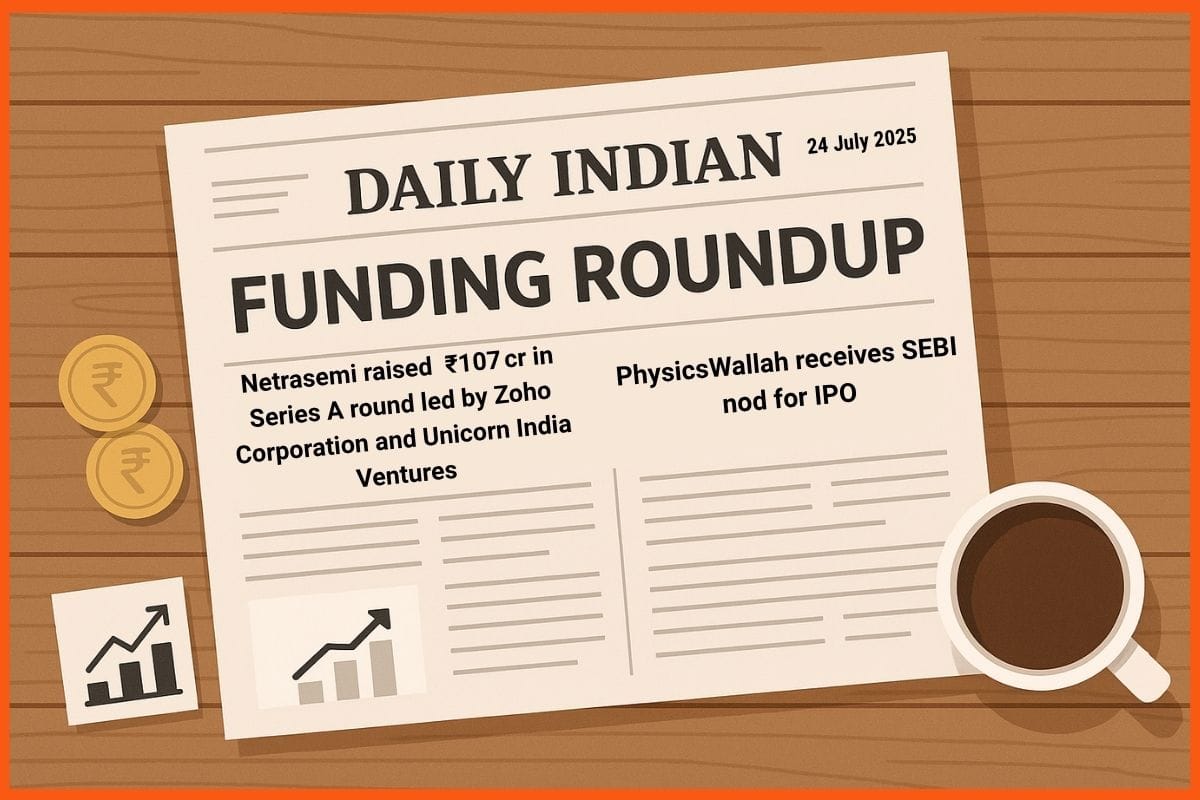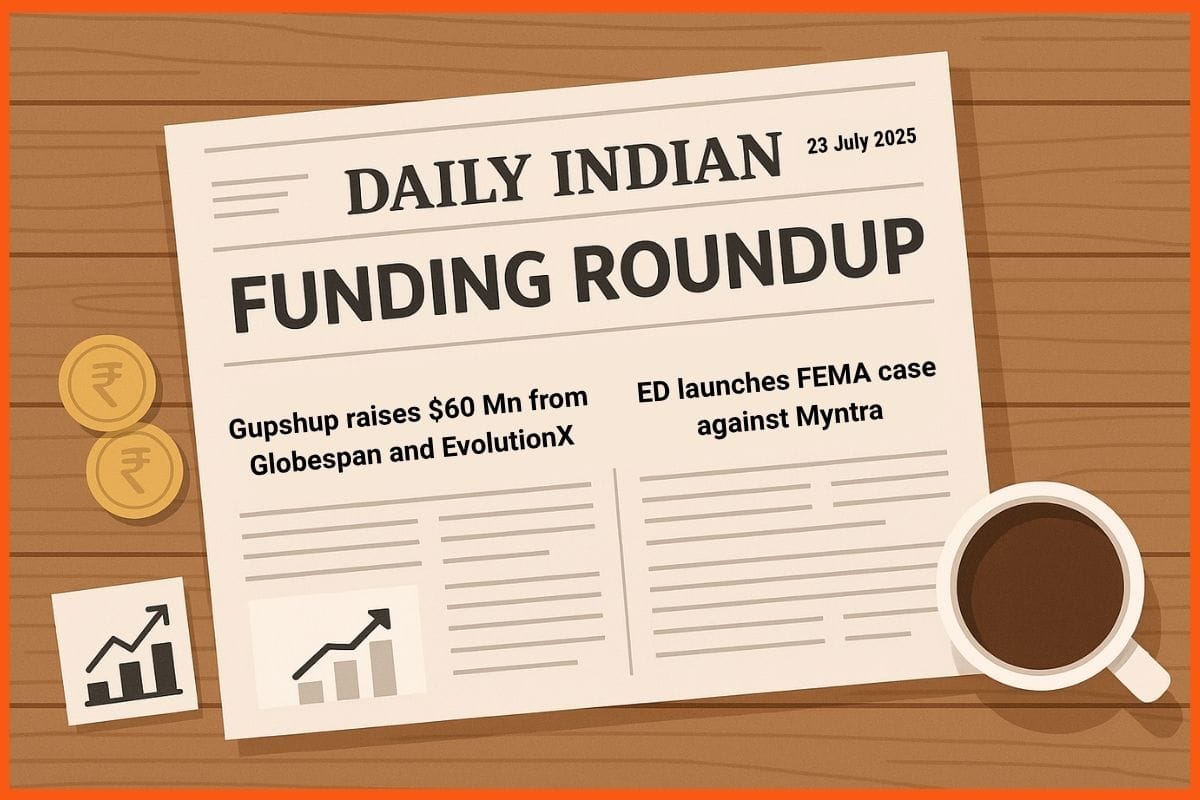According to reports, 25 over-the-top (OTT) platforms and websites—including ALTT, ULLU, Big Shots App, Desiflix, and Boomex—have been blocked by the Centre for allegedly containing pornographic, indecent, and vulgar content.
OTT Crackdown: What Happened
According to a Storyboard18 report, under the Information Technology Act of 2000 and the IT Rules of 2021, the government ordered intermediaries to ban or remove access to illegal content. Internet service providers (ISPs) are required by the July 23, 2025, ruling to prohibit 25 OTT platforms and websites that were discovered to be in violation of these regulations.
Full List of Banned OTT Platforms
Navarasa Lite, Gulab App, Kangan App, Bull App, Jalva App, Wow Entertainment, Look Entertainment, Hitprime, Feneo, ShowX, Sol Talkies, Adda TV, HotX VIP, Hulchul App, MoodX, NeonX VIP, Fugi, Mojflix, and Triflicks are among the other OTT platforms that have been banned due to repeated legal violations.
Laws and Sections Violated
These platforms allegedly broke the following laws, according to MIB: Section 4 of the Indecent Representation of Women (Prohibition) Act, 1986; Sections 67 and 67A of the Information Technology Act, 2000; and Section 294 of the Bharatiya Nyaya Sanhita, 2023.
Government’s Legal Grounds and Action
ISPs have been instructed by the government to prevent the general people in India from accessing these websites. In order to help ISPs ensure complete compliance, the government has also informed the Department of Telecommunications’ Director (DS-II). The government’s ongoing attempts to control online content and uphold legal norms in the digital sphere are reflected in this action. The government has also emphasised that intermediaries will lose their legal immunity under Section 79(3)(b) of the Information Technology Act, 2000, if they do not immediately prevent access to or remove illegal content after being notified by the government.
It also made reference to Rule 3(1)(d) of the IT Rules, 2021, which prohibits intermediaries from hosting or publishing content that is illegal, especially content that has an impact on India’s foreign relations, sovereignty, security, public order, or morality or that might amount to defamation, contempt of court, or incitement to crime.
What This Means for India’s OTT Ecosystem?
The move coincides with calls by the government to strengthen the laws now governing social media and over-the-top (OTT) platforms in the nation. Following several warnings, the Centre prohibited 18 OTT platforms last year for releasing pornographic, indecent, and vulgar content, including Uncut Adda, Dreams Films, and Prime Play. The Centre is reportedly exploring new rules to reduce pornographic content on the internet, according to a story from a few months ago.
During a Supreme Court hearing of a Public Interest Litigation (PIL) filed by journalist and former Information Commissioner Uday Mahurkar, who expressed worries over the unfettered spread of offensive content on OTT and social media platforms, Solicitor General Tushar Mehta made the statement.
The government at the time stressed the need for more stringent regulation without imposing total control, emphasising that internet platforms have an obligation to respect social norms. After deeming the matter grave, the Supreme Court sent letters to prominent platforms, including Apple, Netflix, Amazon Prime, AltBalaji, Ullu, Google, and Meta.



